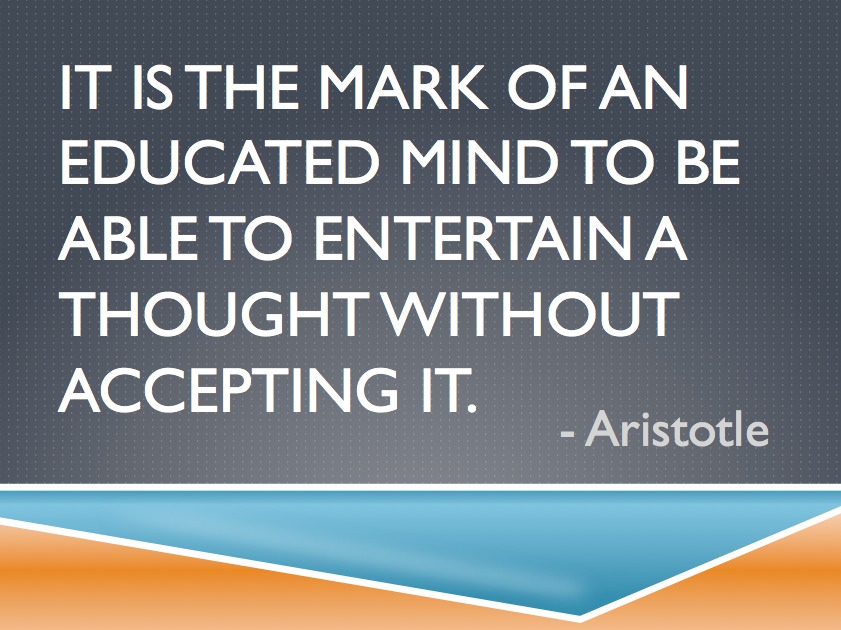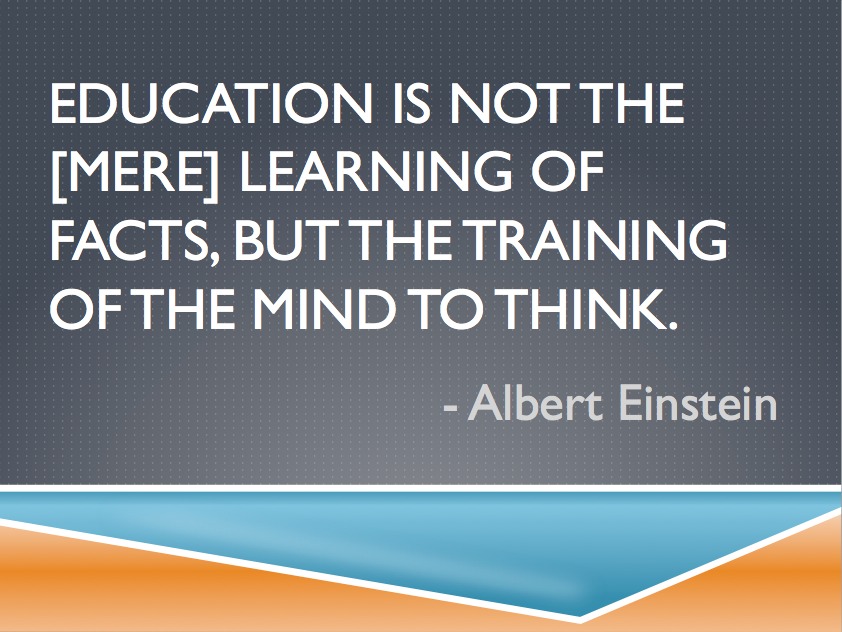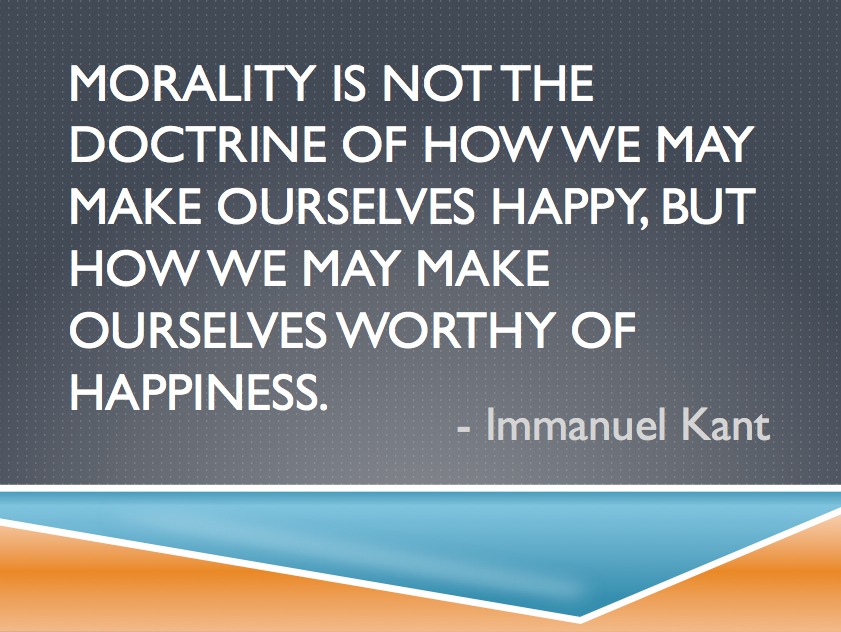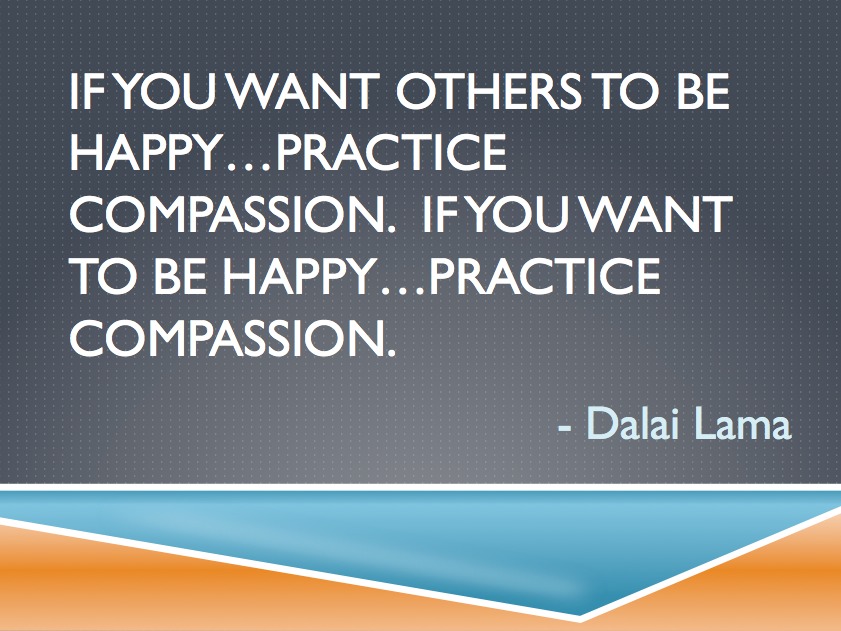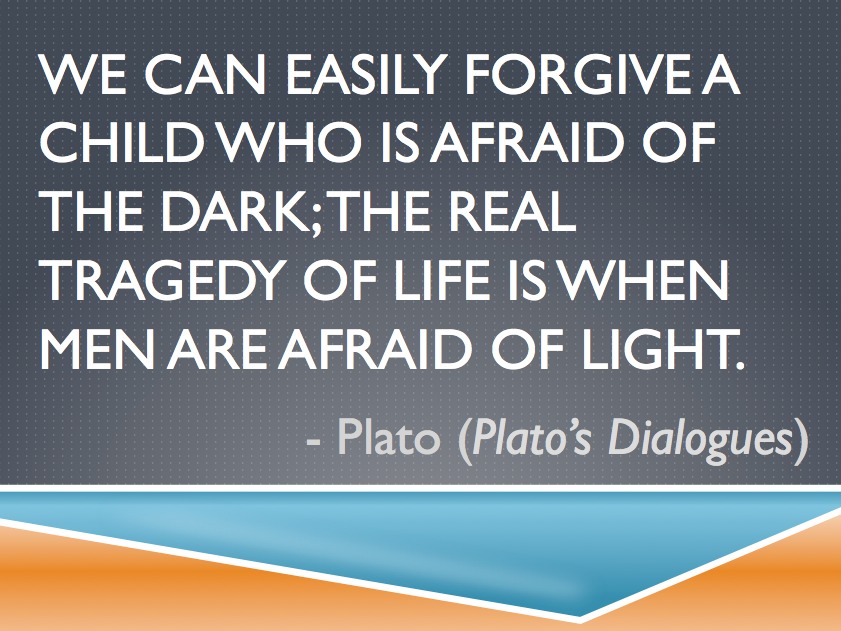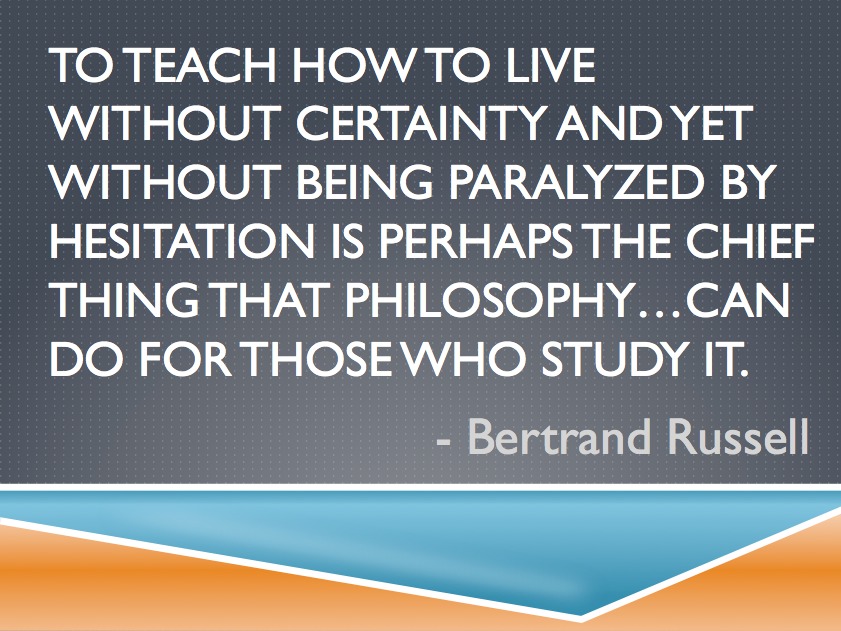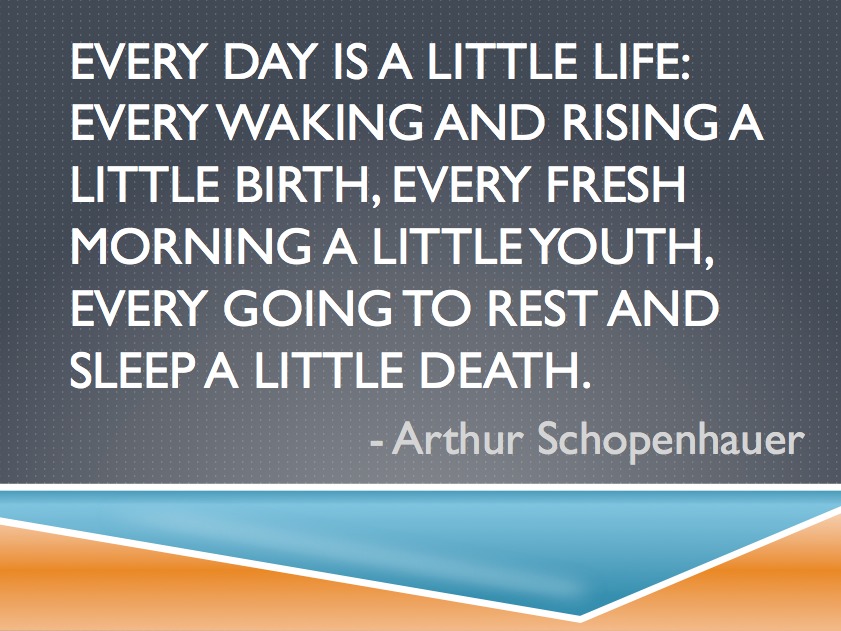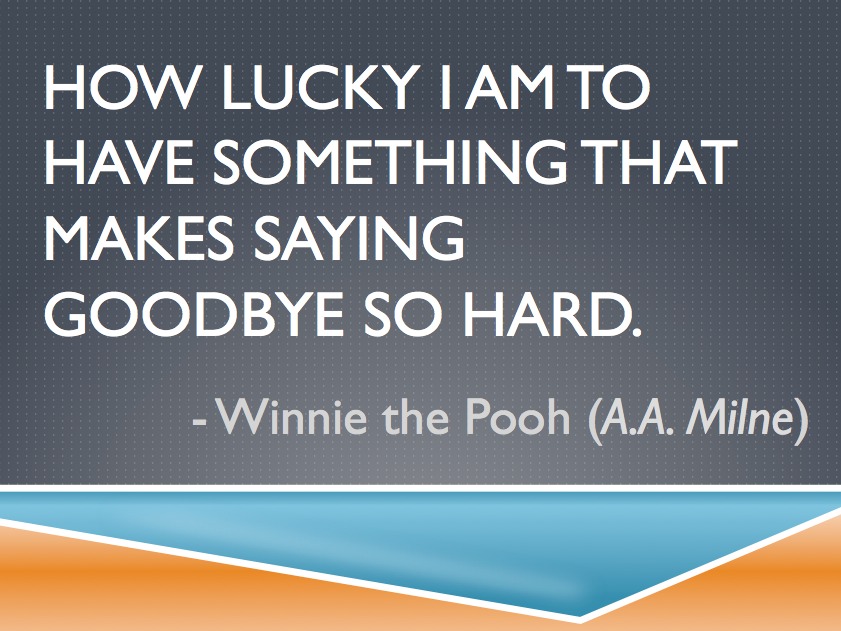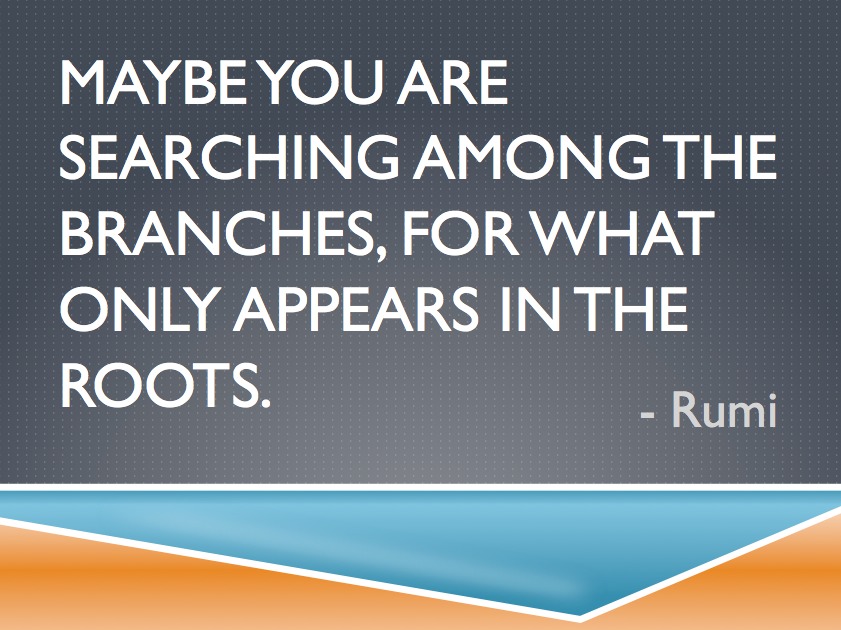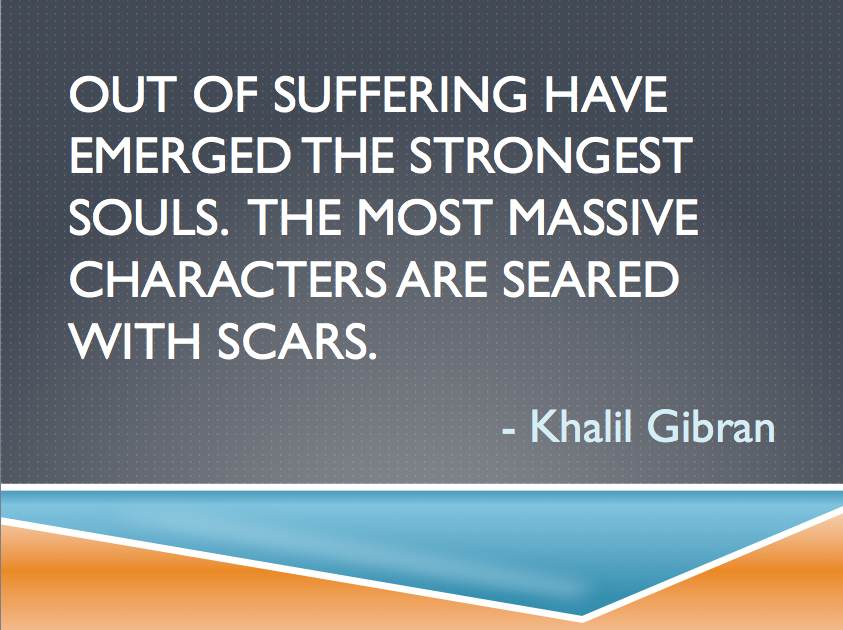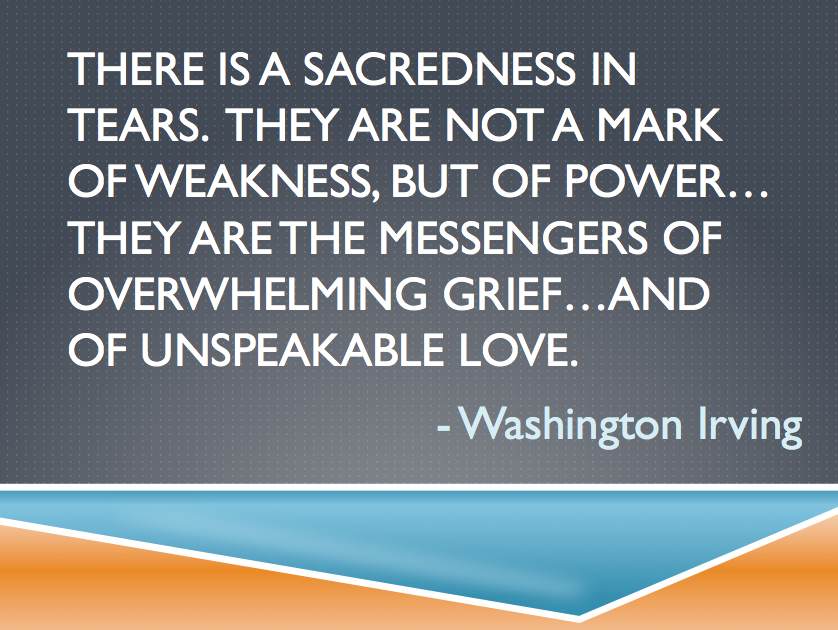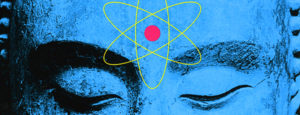 What do we know about the nature of reality & how confident should we be in our understanding of it? This complicated subject is the focus of a video conversation (courtesy of the Institute for Cross-Disciplinary Engagement) between the physicist, Sean Carroll, and the Buddhist scholar, B. Alan Wallace.
What do we know about the nature of reality & how confident should we be in our understanding of it? This complicated subject is the focus of a video conversation (courtesy of the Institute for Cross-Disciplinary Engagement) between the physicist, Sean Carroll, and the Buddhist scholar, B. Alan Wallace.
Carroll contends that reality is not a unified whole, but consists of different layers on which we can focus our attention. One of these layers is particle physics which Carol argues is essentially a completed endeavor insofar as no future lateral discoveries of new particles can/will contradict it. One implication of this, he contends, is that we can then rule out anything which would contradict the principles of particle physics, such as life after death.
Wallace elaborates on the layered nature of reality by citing the psychologist & philosopher William James, who asserted that what we focus our attention on becomes our reality.
We have to be taking first person experience far more seriously, and we haven’t because for about the last century, since the rise of John Watson, and the rise of behaviorism, and the snuffing out of the radical empiricism of William James, we’ve been looking at behavior. We’ve been looking at brain. That’s great, but we’re missing the main event: a rigorous, scientific way of observing the mind. – B. Alan Wallace.
While physics can tell us much about the world, it is lacking in its ability to tell us about consciousness. Because of this, it cannot serve as the most fundamental measurement of reality. The methods of Buddhist practice, however, have much to offer here.
Although the views of Carroll and Wallace differ in important ways, the waters in which they swim are more similar than they appear. To listen to this conversation, click the ‘arrow/play’ button on the video below.
NOTE: For more videos on the nature of consciousness and the intersection of science and Buddhism, visit the Institute for Cross-Disciplinary Engagement at Dartmouth.








